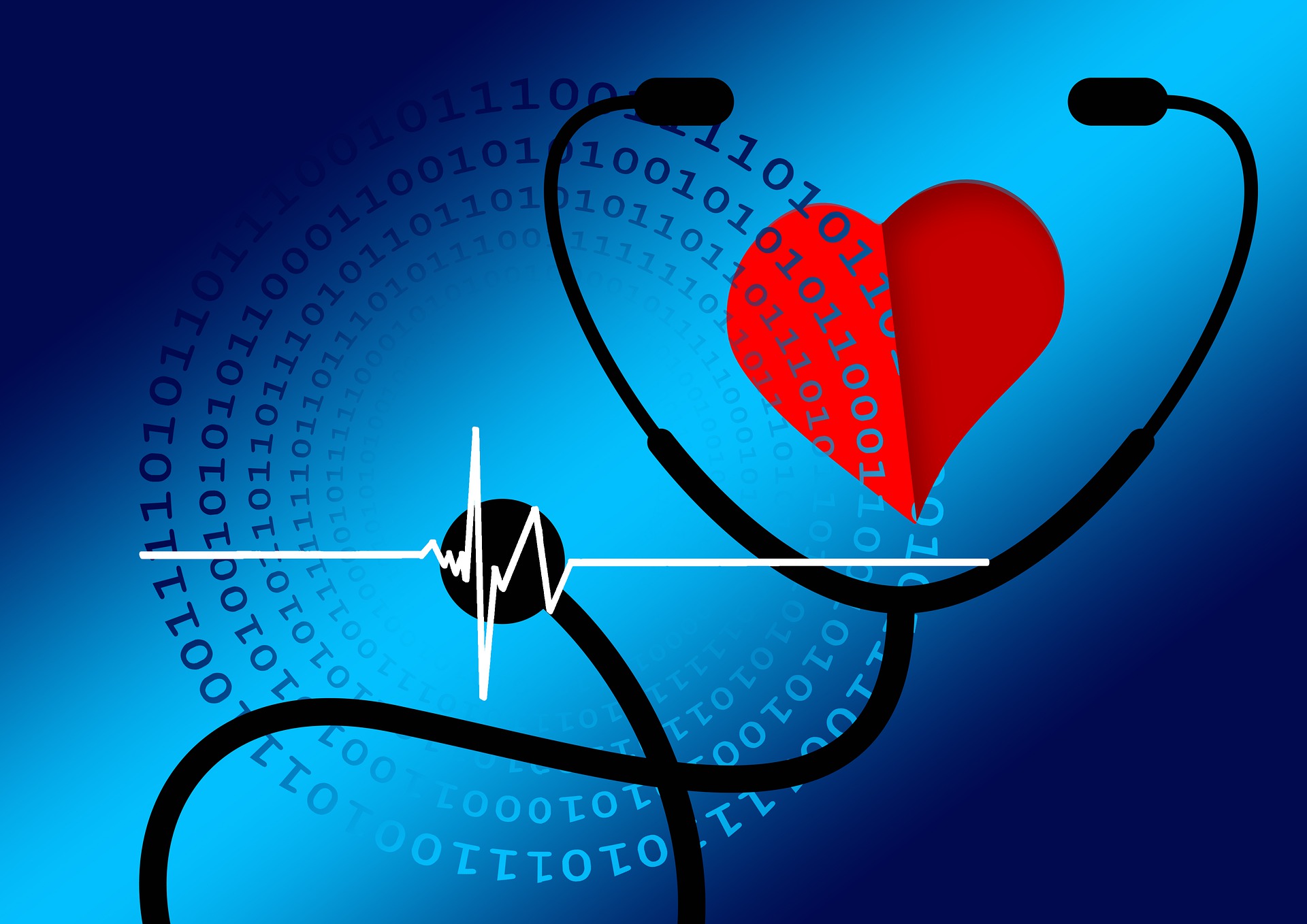Artificial intelligence (AI) is revolutionizing the field of public health, bringing new possibilities for predictive modeling and disease surveillance. With the ability to analyze large amounts of data and make predictions based on patterns, AI is helping public health professionals identify potential health risks and respond quickly to outbreaks.
One area where AI is having a significant impact is in the development of predictive models for disease outbreaks. AI algorithms can analyze data from a variety of sources, such as electronic health records, social media, and weather patterns, to identify patterns and trends that may indicate a potential outbreak. This can help public health officials take proactive measures to prevent an outbreak or respond quickly to contain it.
AI is also being used to develop early warning systems for disease outbreaks. By analyzing data from various sources, such as hospital records and social media, AI algorithms can identify early signs of an outbreak, such as an increase in emergency room visits or social media posts about a particular illness. This can help public health officials respond quickly to contain an outbreak, reducing the number of cases and preventing the spread of disease.
Another area where AI is having an impact is in the development of new treatments for diseases. By analyzing large amounts of data on potential treatments and their effectiveness, AI algorithms can identify those that are most likely to be effective for a specific disease. This can help researchers focus their efforts on the most promising treatment options, accelerating the development of new
therapies and improving patient outcomes.
AI is also being used to improve the efficiency of public health surveillance by automating the process of collecting, analyzing, and disseminating health data. This can help public health professionals make more informed decisions and respond more quickly to disease outbreaks and other health risks.
Despite the many benefits of AI in public health, there are also some concerns and challenges. One concern is that AI algorithms may not always be accurate or reliable, and that they may produce results that are biased or that do not take into account important factors. This can lead to incorrect predictions and delay the response to disease outbreaks.
Another concern is that AI algorithms may be used to replace human public health professionals, reducing the quality of public health surveillance. Additionally, there are also ethical concerns around the use of AI in public health, such as privacy and data security.
Despite these concerns, the benefits of AI in public health are clear, and the technology is likely to continue to play an increasingly important role in the field. With the ability to analyze large amounts of data and make predictions based on patterns, AI is helping public health professionals identify potential health risks and respond quickly to outbreaks, improving public health outcomes and reducing the spread of disease.
In conclusion, AI is revolutionizing the field of public health and has the potential to improve predictive modeling and disease surveillance. Despite some concerns, the benefits of AI in public health are clear and the technology is likely to continue to play an increasingly important role in the field. It’s important for public health professionals to stay informed about the latest developments in AI and to explore ways to use the technology to improve public health surveillance and response. Additionally, it’s also important to ensure that necessary measures are taken to address the privacy and security concerns related to AI in healthcare and public health.

No responses yet